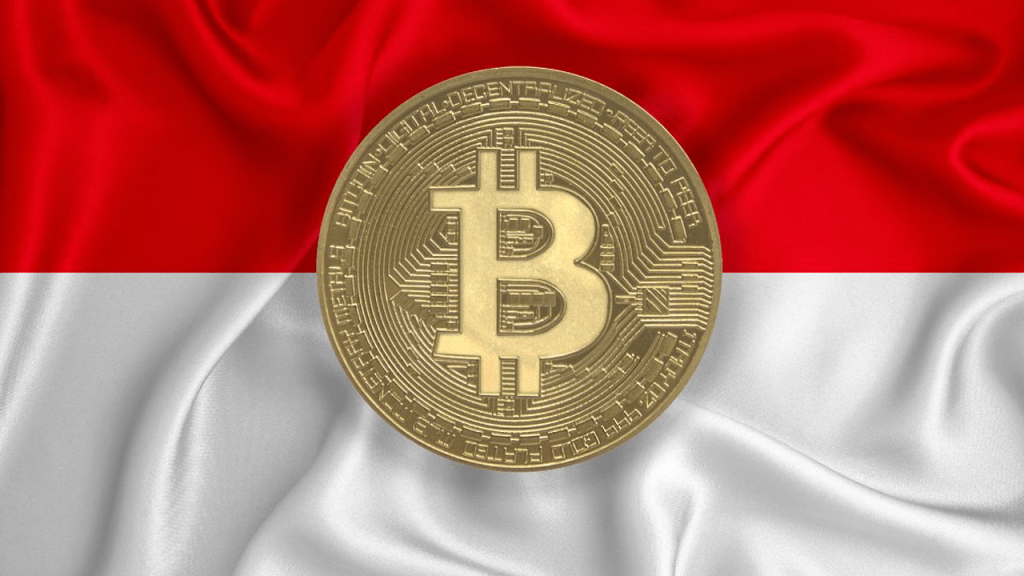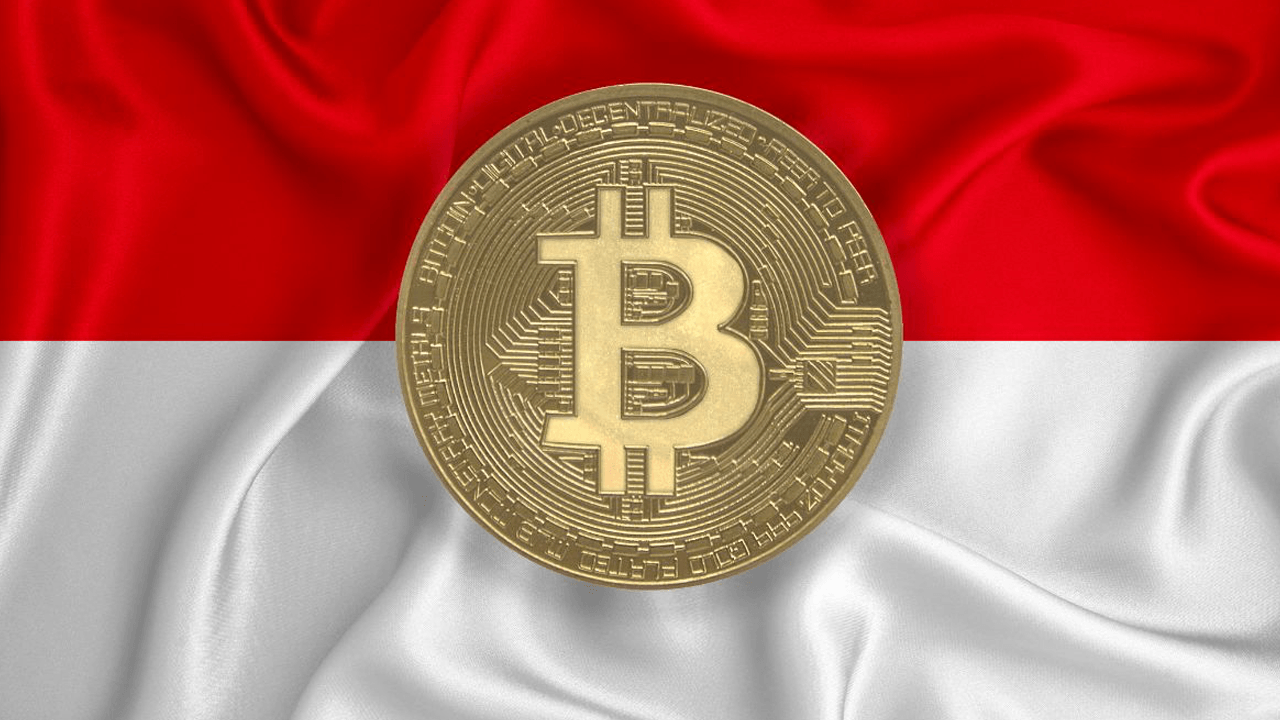
Indonesia’s Crypto Tax Hike: A Deep Dive into the New Regulations and Their Implications
Introduction
Indonesia’s decision to overhaul its cryptocurrency tax regime is a bold move that could reshape the country’s digital asset landscape. Effective August 1st, the new regulations introduce significant changes, including increased taxes on crypto transactions, particularly targeting overseas exchanges, and adjustments to Value Added Tax (VAT) for crypto purchases and mining. This report explores the specifics of these changes, their potential impacts on traders and exchanges, and the broader implications for Indonesia’s crypto market.
The New Tax Structure: A Detailed Breakdown
The Indonesian government’s new tax structure for cryptocurrency transactions is designed to differentiate between domestic and overseas exchanges, aiming to encourage local trading activity and boost tax revenue.
Increased Taxes on Crypto Transactions
The most notable change is the increase in tax rates on crypto asset sales:
- Domestic Exchanges: The tax rate has risen from 0.1% to 0.21% of the transaction value. This modest increase is intended to generate additional revenue without significantly burdening local traders.
- Overseas Exchanges: Transactions on foreign exchanges will now face a tax rate of 1%, up from 0.2%. This substantial hike is a clear signal to traders to consider using domestic platforms instead.
VAT Adjustments
The government has also made significant adjustments to VAT policies related to cryptocurrency:
- Removal of VAT for Crypto Buyers: The previous VAT levied on crypto purchases, ranging from 0.11% to 0.22%, has been eliminated. This move is expected to make crypto investments more attractive to Indonesian citizens by reducing the initial cost of entry.
- Increased VAT on Crypto Mining: Conversely, the VAT on crypto mining activities has doubled, rising from 1.1% to 2.2%. This increase could impact the profitability of mining operations within Indonesia, potentially discouraging such activities.
Rationale Behind the Changes
Several factors are driving Indonesia’s decision to overhaul its crypto tax policies, reflecting a strategic approach to balancing revenue generation, market development, and regulatory control.
Revenue Generation
The primary motivation behind the tax hikes is to tap into the rapidly growing crypto market. Indonesia’s crypto market has experienced explosive growth, with transaction values tripling in 2024 to reach 650 trillion rupiah (approximately $39.67 billion). By increasing taxes on these transactions, the government aims to bolster its fiscal resources and fund public services.
Promoting Domestic Exchanges
The significantly higher tax rate imposed on overseas exchanges is a deliberate effort to incentivize traders to use Indonesian platforms. This strategy could help stimulate the growth of the local crypto industry, create jobs, and keep more revenue within the country. By making domestic exchanges more attractive, the government hopes to foster a more robust and regulated crypto market.
Regulatory Balancing Act
The Indonesian government is navigating a complex path, seeking to balance innovation and regulation. Removing VAT for buyers is a move to encourage adoption and investment, while increasing taxes on overseas transactions and mining demonstrates a desire to exert greater control over the sector and ensure compliance. This balanced approach aims to create a crypto ecosystem that is both dynamic and well-regulated.
Potential Impacts on Traders and Exchanges
The new tax regulations are likely to have a wide-ranging impact on various stakeholders within the Indonesian crypto ecosystem, from individual traders to large exchanges and mining operations.
Impact on Traders
- Increased Trading Costs: The higher tax rates will inevitably increase the cost of trading, particularly for those using overseas exchanges. This could lead some traders to reduce their trading activity or shift their focus to domestic platforms.
- Shift to Domestic Exchanges: The increased tax burden on overseas exchanges may incentivize traders to move their funds and trading activities to Indonesian exchanges. This could benefit local platforms by increasing their trading volumes and market share.
- Impact on Profitability: The increased tax rates could reduce the profitability of crypto trading, especially for high-frequency traders or those with smaller margins. Traders may need to adjust their strategies to account for the higher costs.
Impact on Exchanges
- Overseas Exchanges: Foreign exchanges operating in Indonesia could face a significant competitive disadvantage due to the higher tax rates. This could lead to a decline in their trading volumes and market share within the country. They may need to reassess their strategies for the Indonesian market, potentially exploring partnerships with local exchanges or focusing on niche services.
- Domestic Exchanges: Indonesian exchanges stand to benefit from the new regulations as traders seek to avoid the higher taxes on overseas platforms. This could lead to increased trading volumes, user growth, and overall market share for local exchanges. They may need to invest in improving their infrastructure and services to accommodate the expected influx of new users.
Impact on Miners
- Reduced Profitability: The doubling of VAT on crypto mining will likely reduce the profitability of mining operations in Indonesia. This could discourage investment in mining infrastructure and potentially lead to a decline in mining activity.
- Shift to Other Jurisdictions: Some miners may consider relocating their operations to countries with more favorable tax regimes to maintain their profitability. This could result in a loss of jobs and economic activity within Indonesia.
Broader Implications for Indonesia’s Crypto Landscape
Beyond the immediate impacts on traders and exchanges, the new tax regulations could have broader implications for Indonesia’s crypto landscape, influencing market development, regulatory clarity, and regional influence.
Regulatory Clarity
The new regulations provide greater clarity regarding the tax treatment of crypto transactions in Indonesia. This could help to reduce uncertainty and encourage more institutional investment in the sector. Clear and consistent regulations are essential for fostering a healthy and sustainable crypto market.
Market Development
By promoting the growth of domestic exchanges, the government aims to foster the development of a more robust and regulated crypto market within Indonesia. This could lead to increased innovation, job creation, and economic growth. A thriving crypto market could also attract foreign investment and expertise, further boosting the local economy.
Regional Influence
As the largest economy in Southeast Asia, Indonesia’s approach to regulating and taxing crypto could influence other countries in the region. If the new regulations prove successful in generating revenue and promoting market development, other nations may consider adopting similar policies. Indonesia’s experiences could serve as a model for other countries looking to balance innovation and regulation in the crypto space.
Potential Challenges and Considerations
While the new tax regulations are intended to benefit Indonesia’s crypto market, several challenges and considerations need to be addressed to ensure their success.
Enforcement
Ensuring compliance with the new tax regulations, particularly for transactions on overseas exchanges, could be challenging. The government will need to develop effective mechanisms for monitoring and enforcing the rules. This may involve collaboration with international regulators and the use of advanced technologies to track crypto transactions.
Impact on Innovation
The increased tax burden on overseas exchanges and mining could stifle innovation and discourage investment in these areas. The government needs to strike a balance between regulation and fostering a dynamic and innovative crypto ecosystem. Policies should be designed to encourage innovation while ensuring compliance with tax laws.
Market Volatility
The crypto market is inherently volatile, and changes in tax regulations could exacerbate this volatility. The government needs to carefully monitor the market and be prepared to adjust its policies if necessary. Flexibility and adaptability will be key to navigating the rapidly evolving crypto landscape.
Conclusion: A New Chapter for Indonesian Crypto
Indonesia’s decision to increase taxes on crypto transactions marks a significant shift in its approach to regulating and taxing digital assets. While the move is primarily driven by the desire to generate revenue and promote domestic exchanges, it also reflects a broader effort to balance innovation and regulation within the rapidly evolving crypto landscape. The success of these new regulations will depend on effective enforcement, careful monitoring of the market, and a willingness to adapt policies as needed.
As Indonesia navigates this new chapter in its crypto journey, its experiences will undoubtedly be closely watched by other countries in the region and beyond. The coming years will reveal whether these tax hikes will lead to a more mature and regulated market or if they will inadvertently stifle innovation and drive activity underground. The stakes are high, and the world is watching. Indonesia’s approach to crypto taxation could set a precedent for other nations, shaping the future of the global crypto market.





